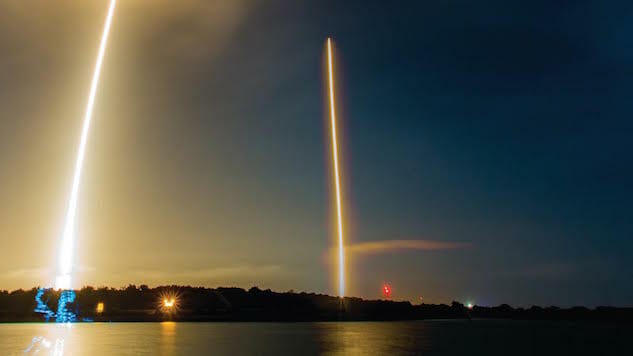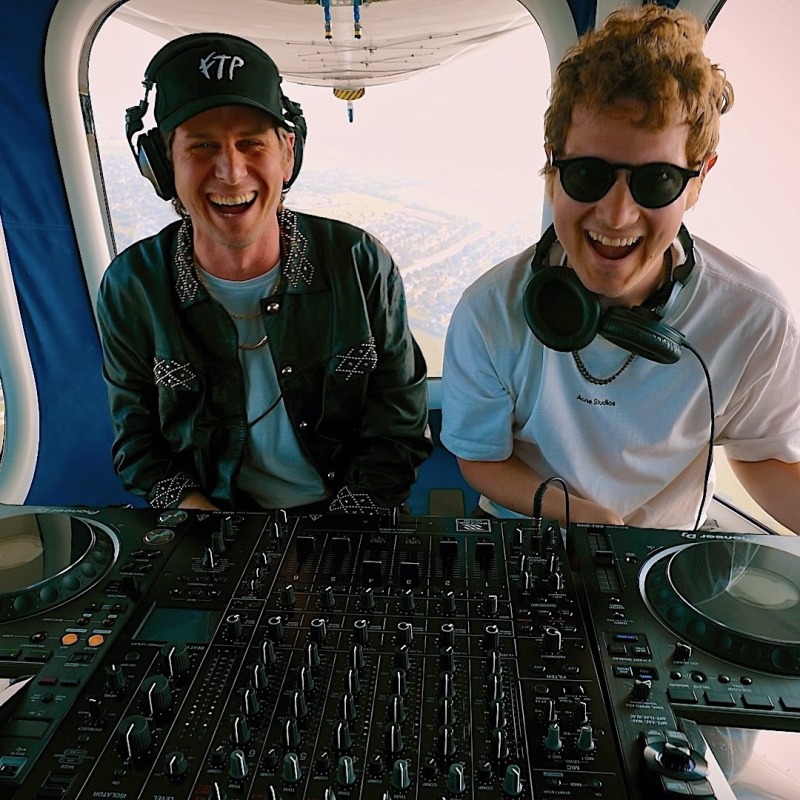Neil Comins Talks The Traveler’s Guide to Space
Photo courtesy of Columbia University Press
Space travel is no longer science fiction: humans have already traveled to the moon and the International Space Station, and companies like SpaceX promise to soon bring us to a new frontier, Mars.
But how will our bodies and our minds cope with the challenges of space travel? Neil F. Comins, a professor of physics and astronomy at the University of Maine, addresses this question in his book The Traveler’s Guide to Space, out February 27th from Columbia University Press.
Paste recently spoke with Comins about his book and his thoughts on space travel. What follows is an edited, condensed version of that conversation.
Paste: What do you think the biggest challenge will be for first-time space travelers?
Neil Comins: The physical adjustments to zero gravity. In other words, with perhaps the exception of flights that go into space and right back again, virtually all other first-time travelers are going to get violently ill. You have to get through that period of adjustment, which can be a minimum of hours and conceivably much longer, before you can enjoy the experience.
Paste: If someone is interested in venturing into space, say on Elon Musk’s spacecraft to Mars, what sorts of questions do you think they should ask themselves first?
NC: First of all, it’s very expensive. One thing is: can I afford it, or is it worth the money? Number two: do I have the time to train for it? For going into space, there’s a variety of training for a variety of things, including weightlessness. That training will undoubtedly vary, but it’s going to take weeks, at least.
Another thing: the reality is that when most—if not all—people come back from space, they have a different perspective or view on the world than they had before they went. Going into space, you can see the world as a single entity. You have a different perspective about humanity, nature and our interaction with the rest of the world than you had before you left. That changes people. And knowing that you’re going to be a different person when you come back, is, I think, something to think about. I doubt it will ever stop people from going, but it is important to know that you are going to change.
Paste: Which do you think are more difficult to overcome—the physical or the psychological challenges of space travel?
-

-

-

-

-

-

-

-

-

-

-

-

-

-

-

-

-

-

-

-

-

-

-

-

-

-

-

-

-

-

-

-

-

-

-

-

-

-

-

-








































